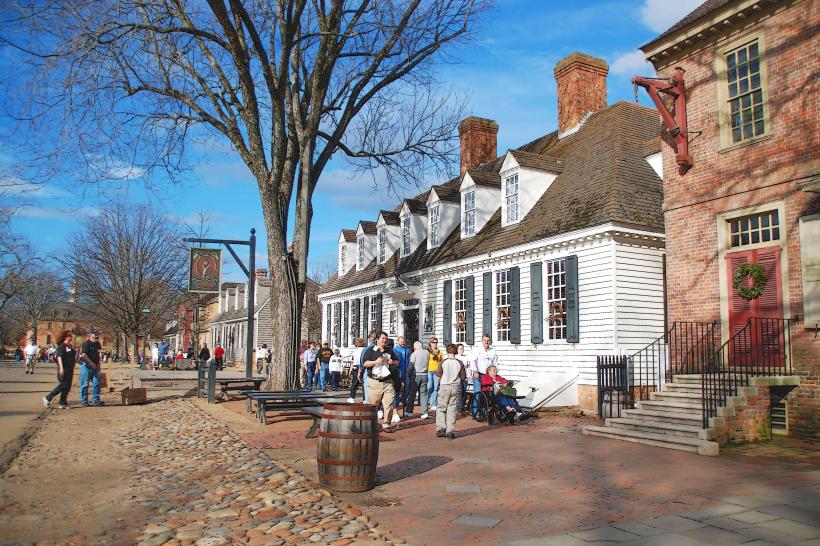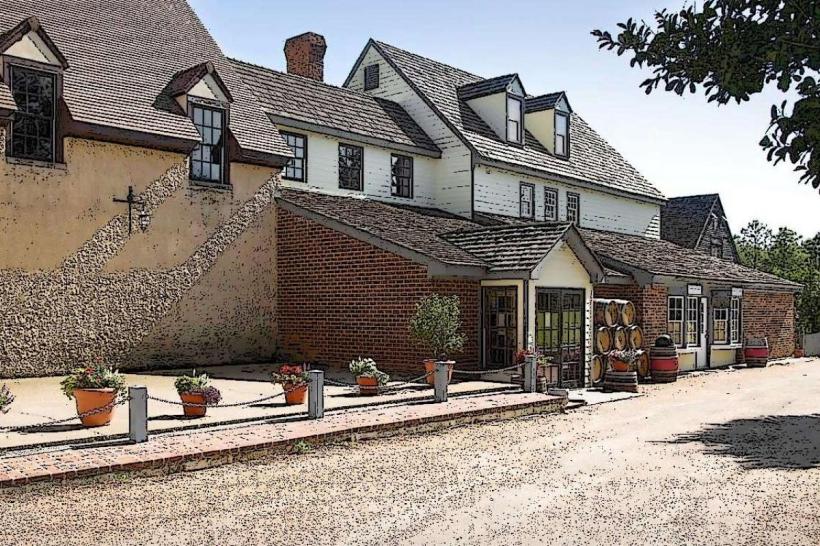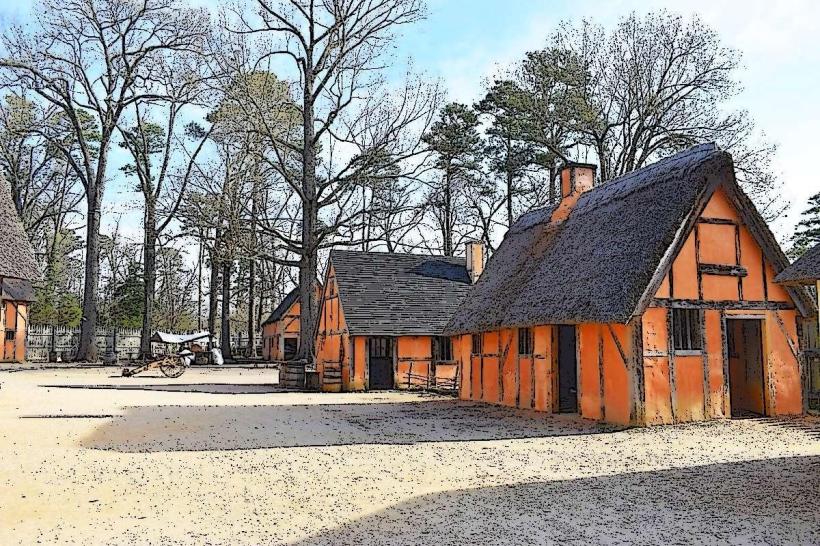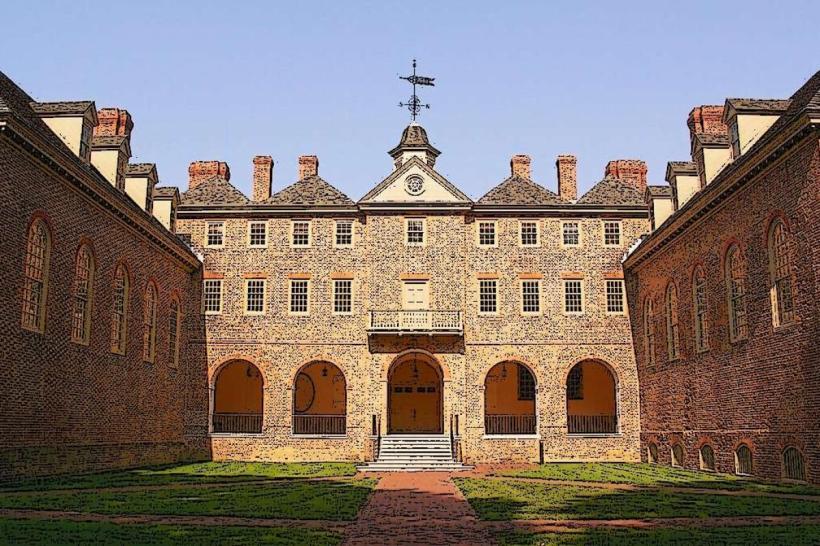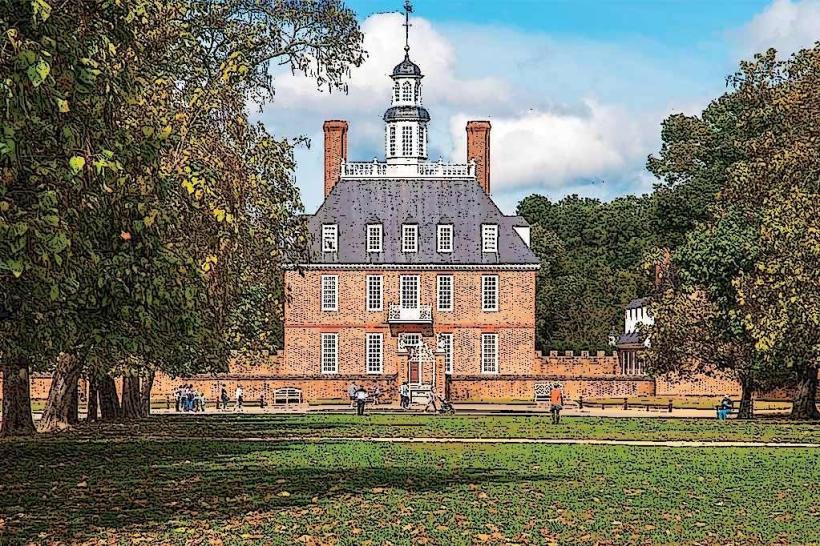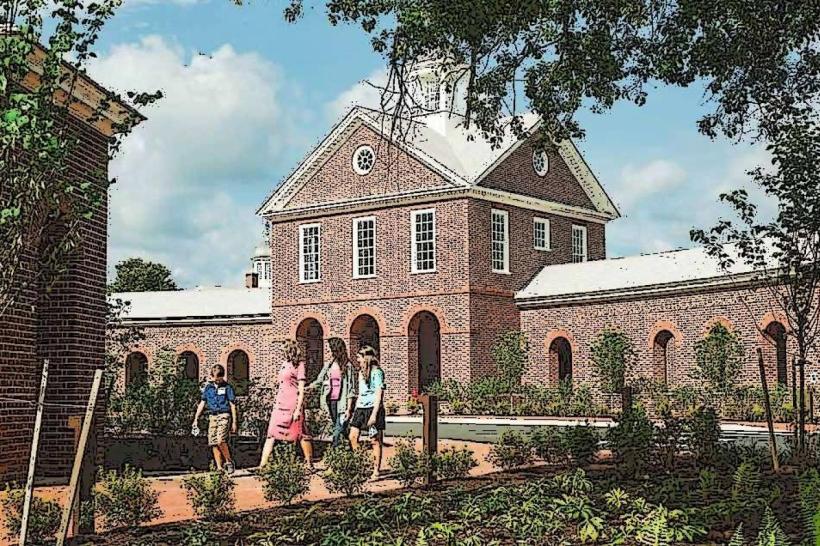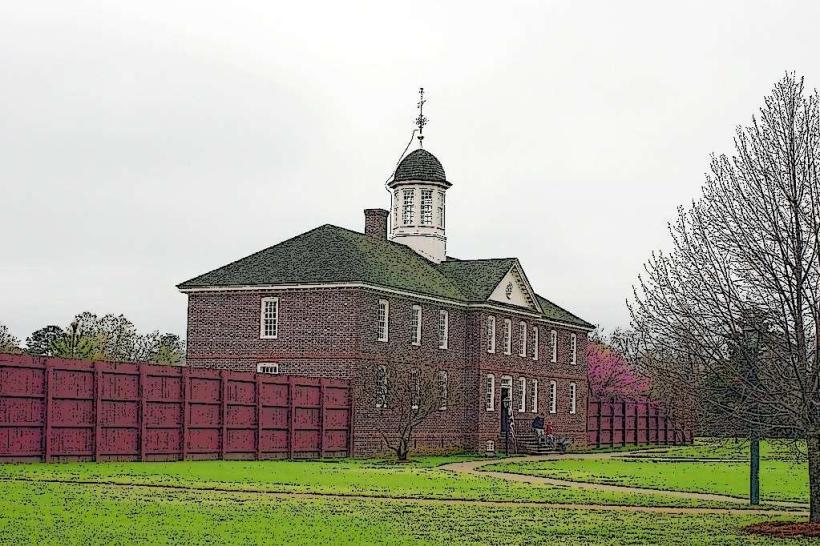Information
Landmark: Williamsburg Farmers MarketCity: Williamsburg
Country: USA Virginia
Continent: North America
Williamsburg Farmers Market, Williamsburg, USA Virginia, North America
The Williamsburg Farmers Market is a well-established and vibrant weekly market that serves as a cornerstone of community life and local commerce in Williamsburg, Virginia. It operates year-round, providing a venue where residents, visitors, and local producers come together to celebrate fresh, locally grown and crafted products within a lively and welcoming atmosphere.
Location and Schedule
The market is centrally located at 345 West Duke of Gloucester Street, nestled in the heart of the historic Merchants Square district. This prime location places it between Henry Street and Nassau Street, making it easily accessible for both locals and tourists exploring Williamsburg’s historic downtown.
The market is open every Saturday from 8:00 AM to 12:00 PM, maintaining a consistent schedule throughout the year with a clear seasonal structure:
Regular Season: Runs from March through October. This period takes advantage of the local growing season and showcases the freshest fruits, vegetables, herbs, and other seasonal produce.
Holiday Market: From November through December, the market shifts focus to feature holiday-themed items, seasonal foods, and special artisanal crafts, catering to the festive needs of the community.
Market Focus and Vendor Policy
The Williamsburg Farmers Market is a producer-only market, meaning all vendors are required to grow, raise, or make the products they sell. This policy ensures authenticity, freshness, and support for the local agricultural and artisan economy. Vendors range from small-scale family farms and bakers to craftspeople and prepared food specialists.
Range of Products
The market offers a rich variety of products, emphasizing quality, sustainability, and local origin:
Fresh Produce: The core of the market’s offerings includes a wide selection of seasonal fruits and vegetables, such as heirloom tomatoes, leafy greens, berries, squash, herbs, and root vegetables. These are harvested directly from Virginia farms, often picked within 24 hours of sale.
Baked Goods and Confections: Artisan bread, pastries, cookies, and other baked treats are available, crafted by local bakers using traditional methods and often incorporating seasonal or locally sourced ingredients.
Meats and Seafood: Vendors sell grass-fed beef, free-range poultry, pork, and fresh seafood sourced from nearby waters. These offerings emphasize humane practices and sustainability.
Dairy Products: A variety of cheeses, fresh milk, yogurt, and eggs come from regional dairies, many operating under organic or pasture-raised standards.
Prepared Foods: Ready-to-eat options such as sandwiches, ethnic specialties, jams, pickles, sauces, and other culinary delights are offered, providing convenient meals or snacks for market visitors.
Handmade and Artisanal Goods: The market also includes vendors offering hand-crafted soaps, candles, floral arrangements, woodworking, and other artisanal products, highlighting local creativity beyond food.
Community and Cultural Role
Beyond commerce, the Williamsburg Farmers Market functions as a community hub. It regularly hosts live music, with local musicians performing various genres, creating a lively and festive ambiance. Seasonal events, holiday celebrations, and children’s activities, including crafts and educational programs, enrich the market experience, making it a family-friendly destination.
The market actively encourages interaction between producers and consumers, fostering awareness about sustainable agriculture, healthy eating, and regional food systems. Informational booths and cooking demonstrations are occasionally featured, enhancing the educational impact of the market.
Accessibility and Facilities
To accommodate visitors, parking is available in multiple nearby public lots, including lots P2, P3, P4, P5, and P6. Notably, Lot P6 offers two hours of free parking, facilitating easy access for short visits. Additional parking and transportation options support accessibility for all market attendees.
The market accepts multiple forms of payment to ensure convenience and inclusivity. Besides cash and credit cards, modern digital payment options such as Apple Pay and Google Pay are accepted. The market also participates in federal nutrition assistance programs, accepting SNAP benefits and offering matching tokens to encourage healthy food purchases among lower-income customers. William & Mary students and staff can use W&M Express for transactions as well.
Organization and Management
The market is managed by the City of Williamsburg’s Parks and Recreation Department, ensuring professional oversight, adherence to health and safety standards, and ongoing vendor support. The current Market Manager, Mollie Romero, coordinates vendor participation, event planning, and community outreach, maintaining the market’s high standards and welcoming atmosphere.
Significance and Impact
The Williamsburg Farmers Market plays a crucial role in supporting local agriculture and small business development by providing producers a direct-to-consumer sales platform. It contributes to Williamsburg’s sustainable food movement and encourages economic resilience by keeping food dollars within the community.
For residents, it offers a dependable source of fresh, wholesome food and a chance to connect with neighbors and the region’s agricultural heritage. For visitors, it serves as an authentic cultural experience, combining culinary discovery with the charm of Williamsburg’s historic setting.
Summary
The Williamsburg Farmers Market is much more than a place to purchase fresh food; it is a vibrant weekly gathering that celebrates local production, fosters community engagement, and sustains regional traditions. Its year-round schedule, producer-only policy, diverse vendor offerings, and inclusive programming make it an essential component of Williamsburg’s cultural and economic landscape, enriching the lives of both locals and visitors alike.

